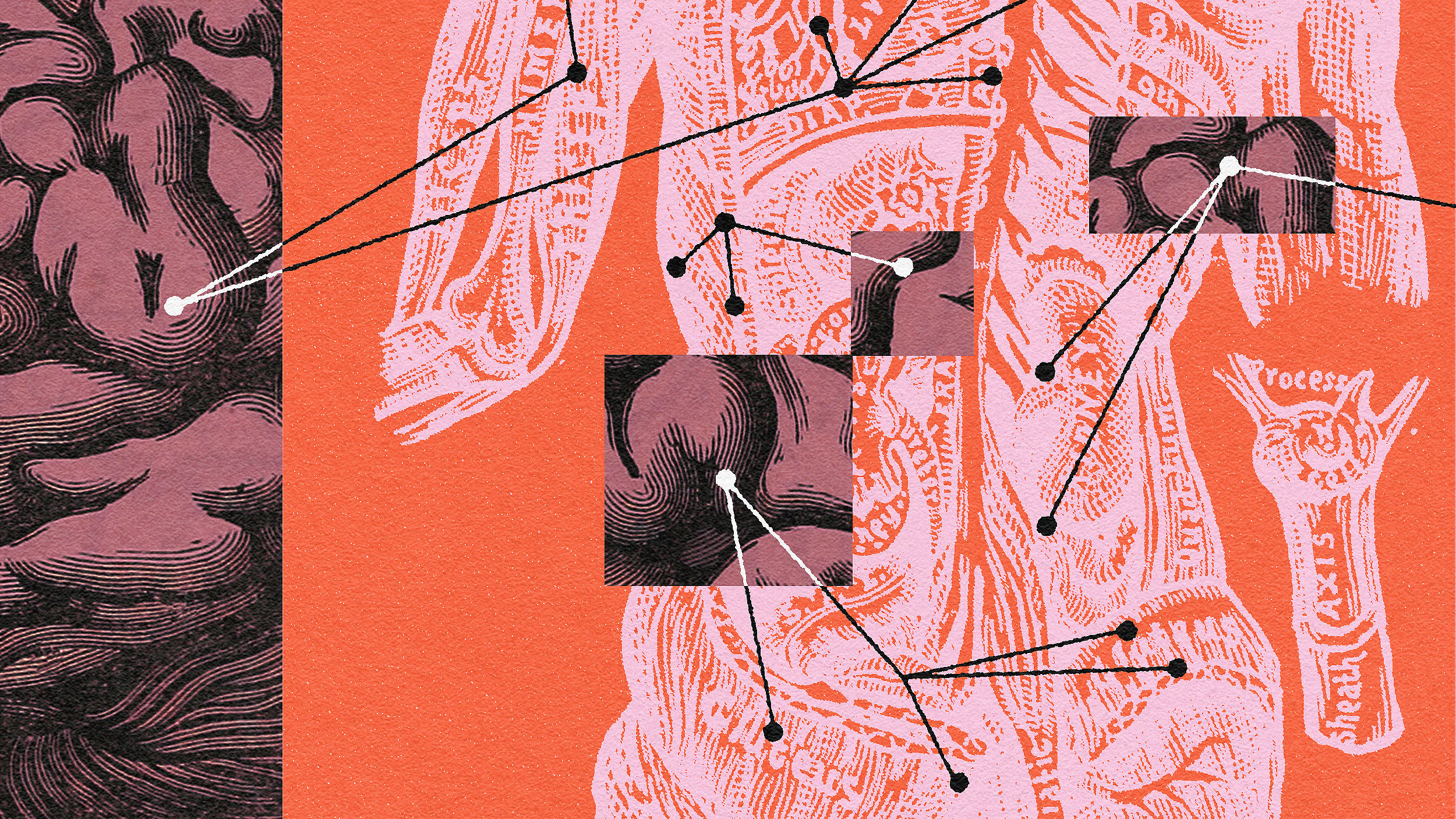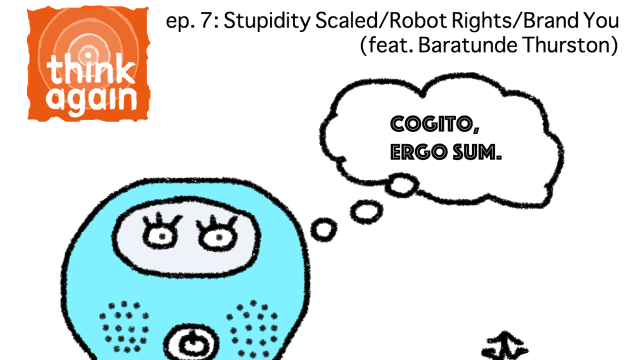Link Between Longevity and Intelligence is 95 Percent Genetic

Researchers have noticed that “higher intelligence predicts longer lifespan.” A new study, published in the International Journal of Epidemiology, shows this link between intelligence and lifespan has mostly to do with genes.
Researcher Rosalind Arden explained in a press release:
“We know that children who score higher in IQ-type tests are prone to living longer. Also, people at the top of an employment hierarchy, such as senior civil servants, tend to be long-lived. But, in both cases, we have not understood why.”
The researchers analyzed data from a number of same-sex twins, both fraternal (non-identical) and genetically identical from Sweden, the United States, and Denmark. Where fraternal twins only share half of their sibling’s genes, identical twins share all of their DNA. Within these pairs, the brighter of the two twins tended to live longer, and this condition was more pronounced in fraternal than identical twins.
The researchers found that the results supported a genetic link between smarts and longevity 95 percent of the time.
Arden said:
“Our research shows that the link between intelligence and longer life is mostly genetic. So, to the extent that being smarter plays a role in doing a top job, the association between top jobs and longer lifespans is more a result of genes than having a big desk.”
Though, Arden adds that “it’s important to emphasize that the association between intelligence and lifespan is small.” So, don’t start loading up on cheeseburgers and ice cream just because you have a high IQ.
Arden did speculate that perhaps the genes that help us with our smarts also help in our health. “Or intelligence and lifespan may both be sensitive to overall mutations, with people with fewer genetic mutations being more intelligent and living longer.” More research is necessary to look deeper into this connection.
Read more at Science Daily.
Photo Credit: Shutterstock





